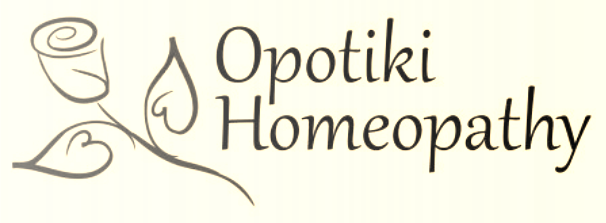The Homeopathic Principle - Sensational study of University of Leipzig
Karen Nieber, a professor of pharmacology, merely wanted to prove that homeopathy doesn't work. She argued that with potencies higher than X 23 not a single molecule of the original tincture could possibly be present, mathematically speaking, and that no pharmacological effect would be possible.
In the search for an experimental setup in which any possible placebo effect can be ruled out, she had a brilliant idea: she put a rat's intestine in a fluid culture medium and used organic threads to fix it to a sensor so that she could measure any shortening of the intestine caused by cramps. Then she added a stimulant (atropine) to the fluid culture medium to produce severe cramps in the rat's intestine. The intestine shrank and the scales showed a strong traction.
When she then added belladonna X 90 to the culture medium, the intestine relaxed and the scales showed less traction. This proved that homeopathy is effective in the absence of any material substances - and in 2003 she won the € 10,000 Hans Heinrich Reckeweg award.
Karen Nieber, a professor of pharmacology, merely wanted to prove that homeopathy doesn't work. She argued that with potencies higher than X 23 not a single molecule of the original tincture could possibly be present, mathematically speaking, and that no pharmacological effect would be possible.
In the search for an experimental setup in which any possible placebo effect can be ruled out, she had a brilliant idea: she put a rat's intestine in a fluid culture medium and used organic threads to fix it to a sensor so that she could measure any shortening of the intestine caused by cramps. Then she added a stimulant (atropine) to the fluid culture medium to produce severe cramps in the rat's intestine. The intestine shrank and the scales showed a strong traction.
When she then added belladonna X 90 to the culture medium, the intestine relaxed and the scales showed less traction. This proved that homeopathy is effective in the absence of any material substances - and in 2003 she won the € 10,000 Hans Heinrich Reckeweg award.

 RSS Feed
RSS Feed
